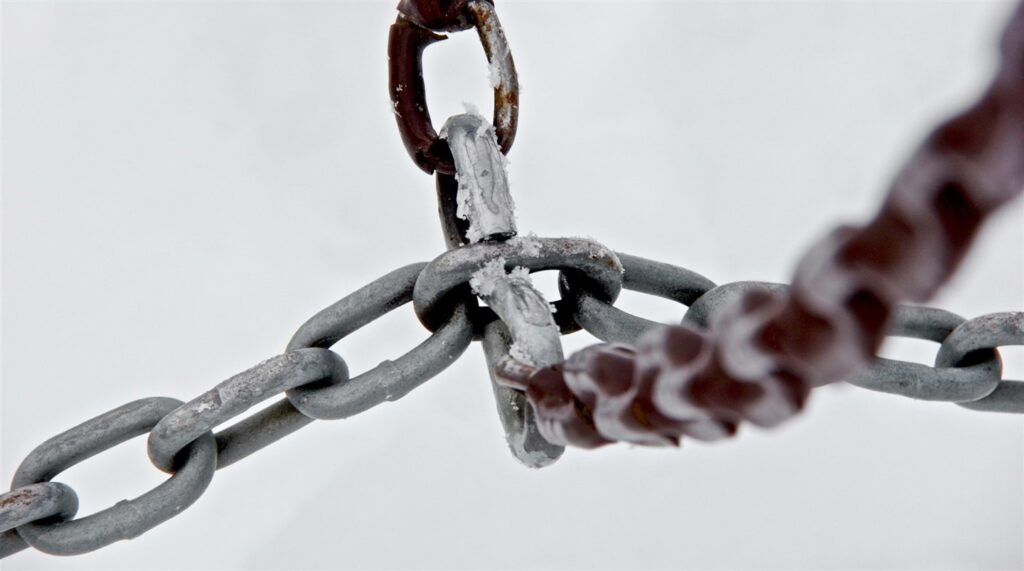Music lovers and collectors are dealing with the not-to-distant demise of the compact disc. Best Buy, formerly one of the biggest music merchandisers will be pulling CDs off the shelves and other retailers will likely follow. Almost 35 years since the advent of the Compact Disc and I think it’s about time. Although I am not surprised, it leaves me with a sense of loss and feeling of nostalgia as the media format goes the way of 8-track, cassette tapes and records.
CD Sales have declined
Earlier this month, Best Buy announced it will stop the sales of CDs – just in time for the summer. Do you blame them? Best Buy’s CD business has dwindled in recent years. Look what happened to HMV, A&A Tapes and Sam The Record Man. HMV, the country’s mightiest music chain, limped into oblivion since many customers turned towards digital media for their music and videos. I can’t recall visiting a music store in a long time. A&B Sound used to be my favorite back in the 90’s. Sunrise Records manages to survive, but for how long? CD sales peaked in early 2001, but it has never recovered. Last year in the U.S. CD sales dropped a whopping 18.5%. Other retailers like Target may decide to stop selling compact discs as well. This doesn’t mean that CDs as a media format will simply go away, but the writing is on the wall. Ironically, vinyl has made a comeback in recent years, but it only makes up a small percentage of the music sold.
Obsolete and endangered
With hindsight, it’s easy to see why CD’s are now endangered like its predecessors. At launch, there was no built-in DRM or copyright protection since few people envisioned that a few years later consumers could read the contents on a CD-ROM drive. Initially, this meant making almost perfect copies onto CDs with the use of CD burners on computers. The invention of the digital MP3 format and the widespread adoption of broadband internet makes CDs ineffective as transport mediums. The Sony cassette Walkman paved the way for alternatives in the form of small form factor MP3 players and Apple iPod derivatives. No, the portable Sony Discman didn’t fare very well. Needless to say, you don’t need to carry stacks of CDs around when you play music through your Smartphone or MP3 player.
Physical media gives you a sense of ownership and pride
There is something to be said for tactile media, and in particular for vinyl. The compact disc never had quite the appeal of vinyl, with its less stellar artwork and simple process of putting on a CD (no need to place a stylus in the right groove or be so careful in handling). Having said that, I think the so-called vinyl revival is overrated and vinyl sales are still much lower than compact disc sales.
The older generation of consumers still appreciate having music on physical media, perhaps because of a sense of ownership, and also just to enjoy the act of putting physical media in the player and sitting down to listen to music (something you pretty much have to do when listening to vinyl). Everyone has been a physical music collector at one time: I used to have dozens of cassette tapes and 40-50 CDs in my collection. When I worked at a radio station I remember seeing walls of albums, and often physical music libraries to accommodate their formats. Takes up space! Nowadays, music seems more disposable and less lucrative for artists. Buy a digital music track on iTunes or have the right to play unlimited music with little respect for royalties.
Remembering other defunct media formats
My first taste of music was from 8-track tapes and vinyl: I recall my grandfather having 8-track tapes on his stereo system. I can’t say I was a fan of Hank Williams and Conroy Twitty! Of course, I was just a wee lad back in the ’70s. At home, I adopted my parent’s vinyl collection: a mix of 33’s (LPs) and 45s… Super Tramp- “Breakfast in America”, Led Zeppelin- “Physical Graffiti”, The Grease soundtrack, “Bat Out Of Hell” by Meatloaf and Pink Floyd- “Dark Side Of the Moon”. One of the last double album records I played on my turntable was Triumph: Stages (Live). Yes, I was a big Triumph …and Rush fan!

One of the first 45 RPM records that my brother and I owned was “Shaddap You Face” by Joe Dolce (1980). The other 45 record we owned was “Disco Duck” by Rick Dees and his cast of Idiots (1976). Yeah, don’t judge me. I was only 7 years old at that time. Back in the early 80’s, I remember recording music from radio stations onto blank cassette tapes. I used to borrow my little brother’s Sanyo ghettoblaster which had a double cassette deck. Eventually, that progressed to copying vinyl and CDs onto blank 60 or 90-minute Maxell tapes. Bit of a hobby of mine. Don’t judge me, but I had diverse music tastes growing up in the ’80s. I was into new wave, pop and electronic-synth music before I moved into glam-rock and metal. Remember Poison and fellow hair-band holdovers Cinderella, Dokken and Slaughter? Yes, I was a fan. Eventually, I got hooked on building a CD collection: better sound fidelity …and no wow, flutter or hiss!
Streaming and online digital music
Today, most radio stations use computer hard drives and/or the cloud to catalogue their music. And at home, we are more inclined to rent or simply stream our media whether it is TV shows, music, or movies. Netflix, Spotify, Hulu, YouTube and Apple Music are household names. Why own anything when you can access virtually anything from a cloud? Just subscribe to a monthly (freemium or premium, ad-free) service where you can get access to a huge catalogue of online content. Not to mention curated content catered to your particular taste. I can’t recall the last time I purchased a compact disc, DVD or Blu-ray disc. If I want anything I can borrow the CD from the library rip it and re-encode it into a digital compressed audio file (MP3, AAC, WMV). Why bother buying a whole album to get only 1 or 2 singles you like? You can buy a single on iTunes for less than a cup of coffee! Physical media takes up space, is vulnerable to scratches and takes time to find it and queue it up in your player. Yes, you do get liner notes and nice pictures of the artists, but most of the info can be accessed on the Internet.
Compact Discs (CDs) have stood the test of time for close to 35 years. They may not be perfect as physical digital media, but they forged the new digital information age bringing together music enthusiasts and computer geeks. Like older physical mediums: cassettes, vinyl and 8-track tapes, compact discs are almost obsolete. Streaming music with an online subscription is now the default whether we like it or not.

